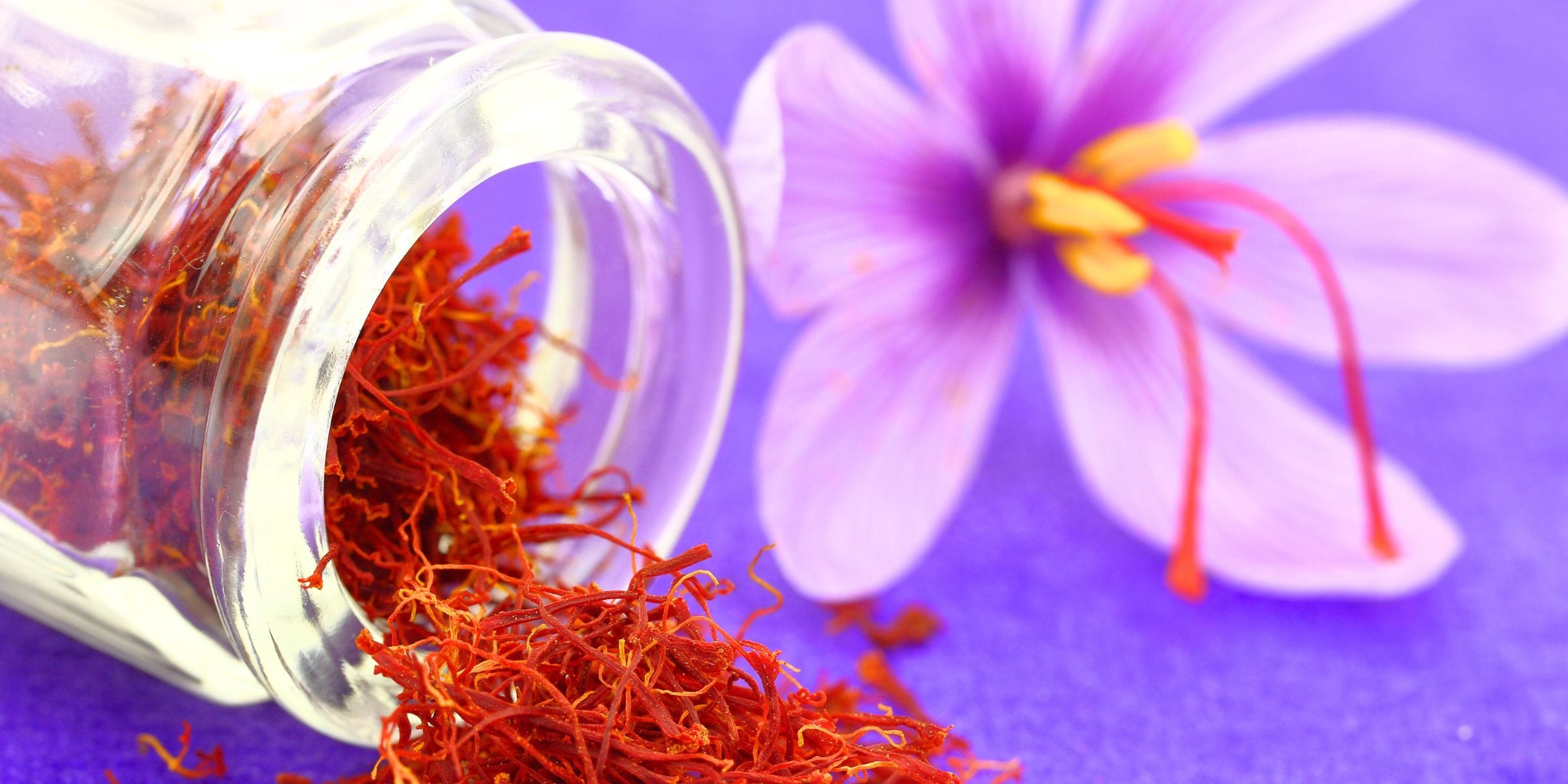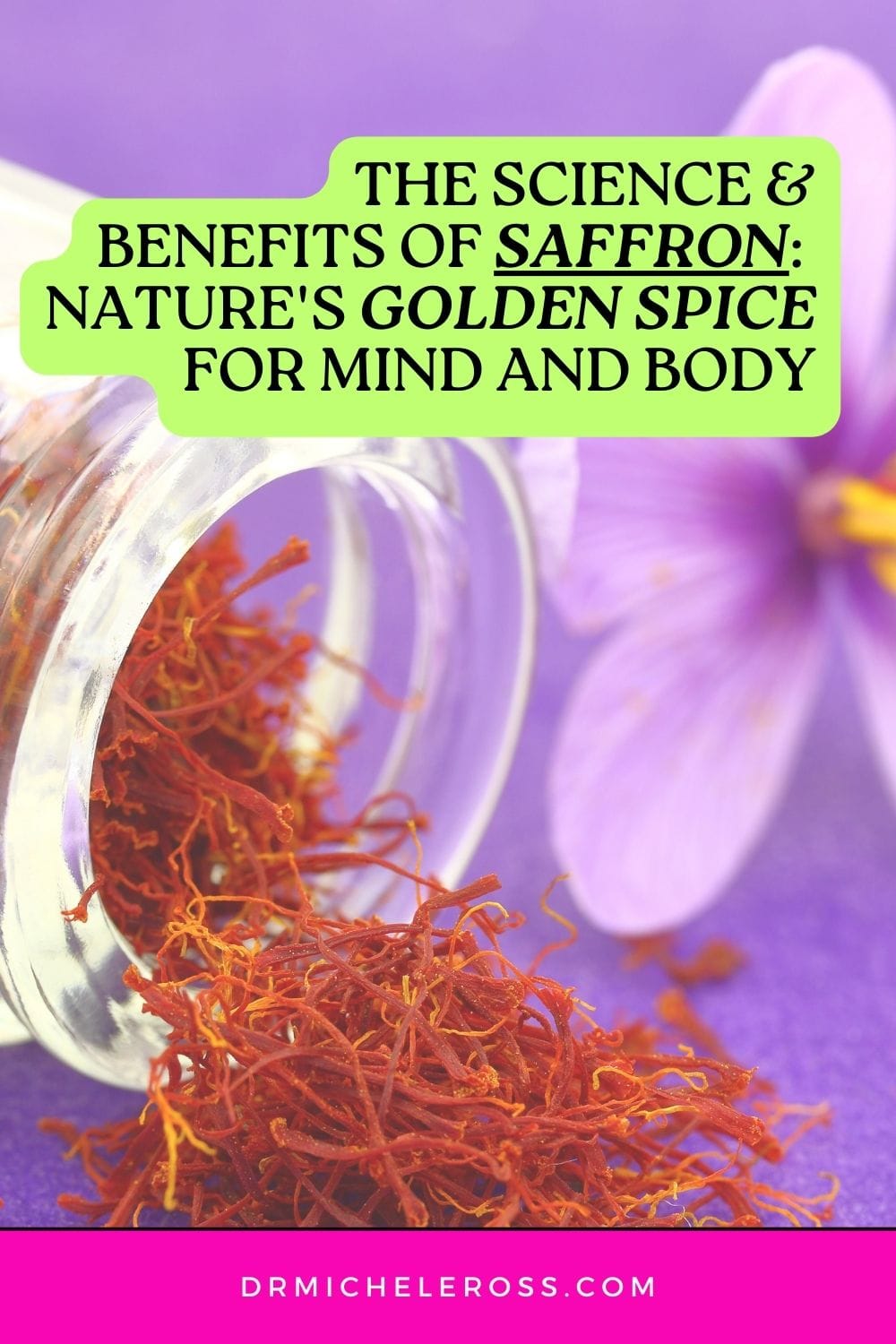
Introduction to Saffron
Saffron, often referred to as nature’s golden spice, holds a prestigious title as the most expensive spice in the world. Renowned for its vivid red threads, unique aroma, and unparalleled flavor, saffron is cherished across the globe. Its value is not only measured in its distinctive taste but also in its potential health benefits, which have been recognized for centuries. Recent studies have highlighted the potential benefits of incorporating a saffron supplement into daily regimes, offering an easy and potent way to harness the therapeutic potential of this ancient spice.
While largely celebrated for its culinary use, saffron’s health implications are gaining increased attention. This aromatic spice is steeped in history and is revered not just for its culinary delight but also for its potential healing effects. Its vibrant color and aroma bring a touch of exotic elegance to dishes, yet its real allure lies in the countless ways it can support wellness. Let’s delve deeper into the fascinating journey and benefits of saffron, uncovering the secrets behind its enduring legacy.
A Historical Perspective on Saffron
The history of saffron stretches back over 3,000 years, weaving through the fabric of various ancient cultures. From medicinal preparations in Egypt to the vibrant hues in Indian festivals, saffron has marked its place in history and tradition. In the annals of ancient Persian and Greek medicine, saffron was prized for its possible properties as an aphrodisiac and a treatment for various ailments. Furthermore, it adorned the robes of royalty, reserved for the wealthy and influential, symbolizing status and luxury.
Over centuries, saffron’s cultural significance has been duly noted among many civilizations. Ancient physicians and healers around the world advocated the use of saffron for its presumed health benefits, particularly for mood enhancement and promoting vitality. It remains an integral part of several sacred and cultural practices, standing as a testament to humanity’s enduring fascination with this remarkable spice.
Nutritional Profile of Saffron
Saffron is far more than just a component to boost the color and taste of dishes; it is a veritable nutritional powerhouse packed with essential vitamins and minerals. Rich in B vitamins, particularly B6 and vitamin C, saffron supports a well-rounded diet. Additionally, saffron contains vital minerals such as magnesium and potassium, which are integral for maintaining optimal health.
Moreover, saffron is endowed with powerful antioxidants that help combat oxidative stress and inflammation. These properties contribute to saffron’s potential to support cardiovascular and cellular health. For more details on its nutritional aspects, check out the nutritional benefits of saffron on Healthline, which provides an in-depth look at its constituents and their respective benefits.
Health Benefits of Saffron
Recent studies have illuminated saffron’s potential for mood enhancement and its role as a natural remedy for anxiety and depression symptoms. Its active compounds, safranal, and crocin, have been shown to have profound mood-boosting effects, which may rival conventional medications in mild cases of depression. These compounds are thought to influence the levels of certain neurotransmitters in the brain, helping to balance mood and promote feelings of well-being.
Emerging research also suggests that saffron may possess neuroprotective properties, possibly aiding in the reduction of inflammation in the brain and the attenuation of cognitive decline related to aging. You can explore detailed research studies on the National Institutes of Health website, where extensive scientific research is available on the breadth of saffron’s potential health benefits.
Saffron and Mental Well-Being
Saffron’s impact on mental health has been corroborated by numerous scientific studies, supporting its potential role in alleviating symptoms of mild depression and anxiety. In clinical trials, individuals supplementing their diets with saffron reported improvements in mood and reductions in anxiety, positioning saffron as a promising natural ally in mental well-being.
Real-life examples abound, with individuals sharing anecdotes of significant mood improvements and greater emotional resilience after consistent use of saffron supplements. These accounts echo the findings of scientific research, reinforcing saffron’s potential as a natural alternative or complement to traditional treatments for certain mood disorders.
Incorporating Saffron in Your Diet
Incorporating saffron into your diet may seem daunting due to its cost. However, its intense flavor and color mean only a few strands are necessary to unlock its full potential. For culinary enthusiasts, saffron can elevate dishes like risotto, paella, and even simple teas with its luxurious touch. Adding as little as a pinch can improve not just the aesthetic appeal of dishes but also infuse them with nutritional richness.
Here’s a simple idea to savor saffron’s unique attributes: infuse a few threads in warm milk or water, allowing the spice to steep and release its rich golden hue and aroma. This delightful concoction promises aesthetic beauty and a holistic experience catering to both health and indulgence.
Conclusion: Embracing Nature’s Gold
Saffron stands as a testament to nature’s unmatched ability to craft precious resources with profound impacts on mind and body. Whether as a culinary delight or as a health supplement, saffron offers a gateway to a world of benefits waiting to be explored. Its historical legacy, coupled with its modern scientific endorsement, underscores its value across both gastronomic and health spheres. Embracing this golden spice could enrich your life, both in flavor and in function, paving the way for a healthier, more vibrant you.
Pin This Post





